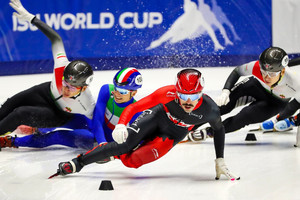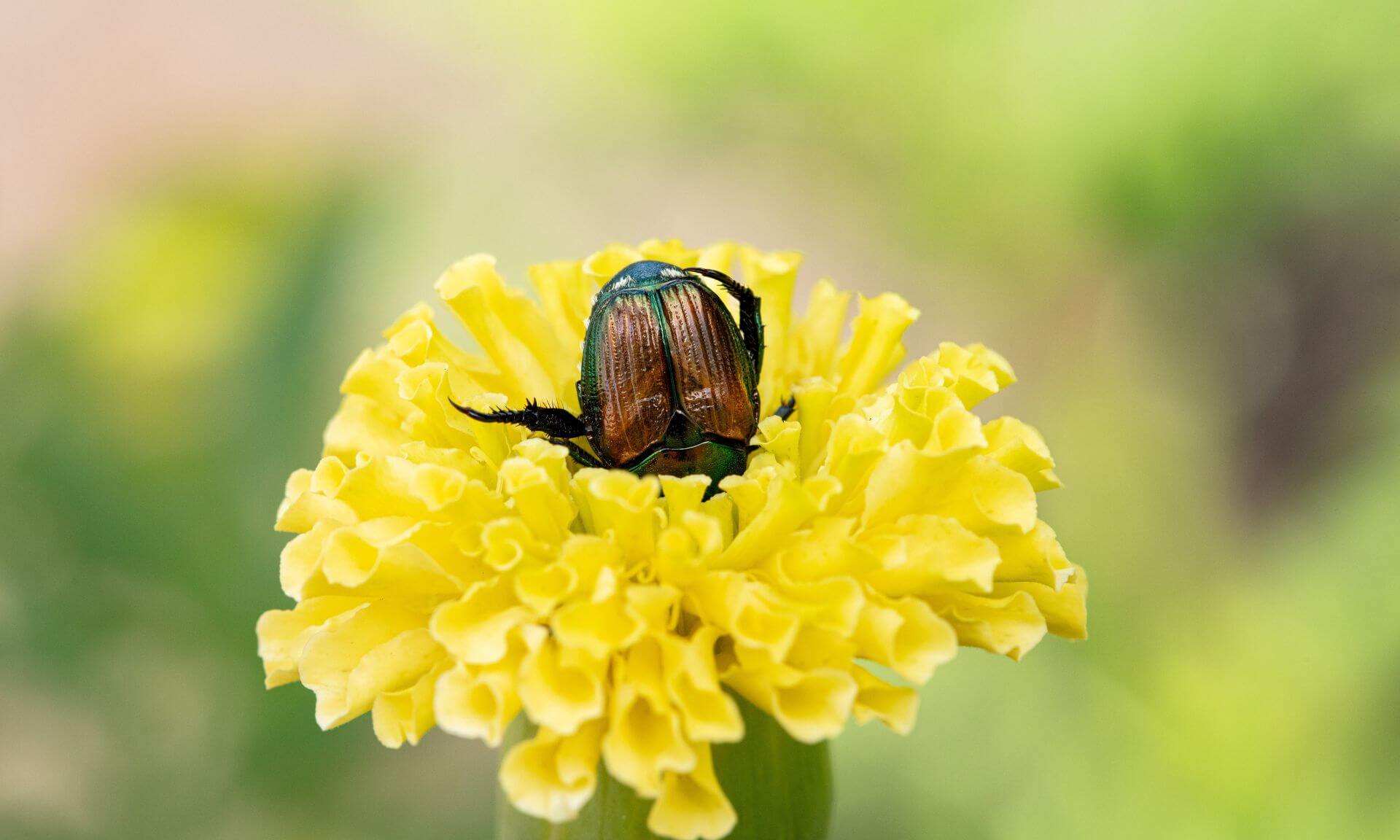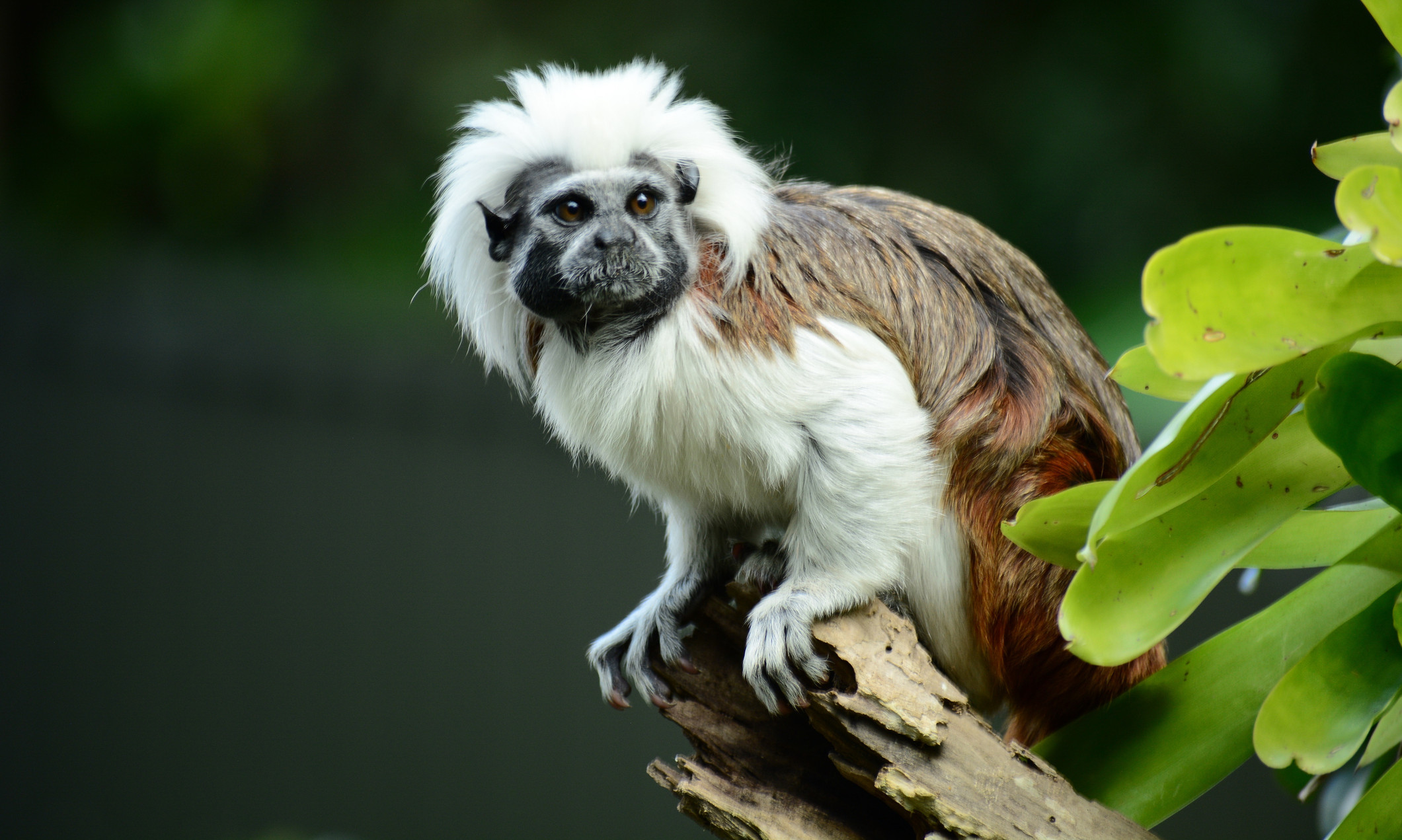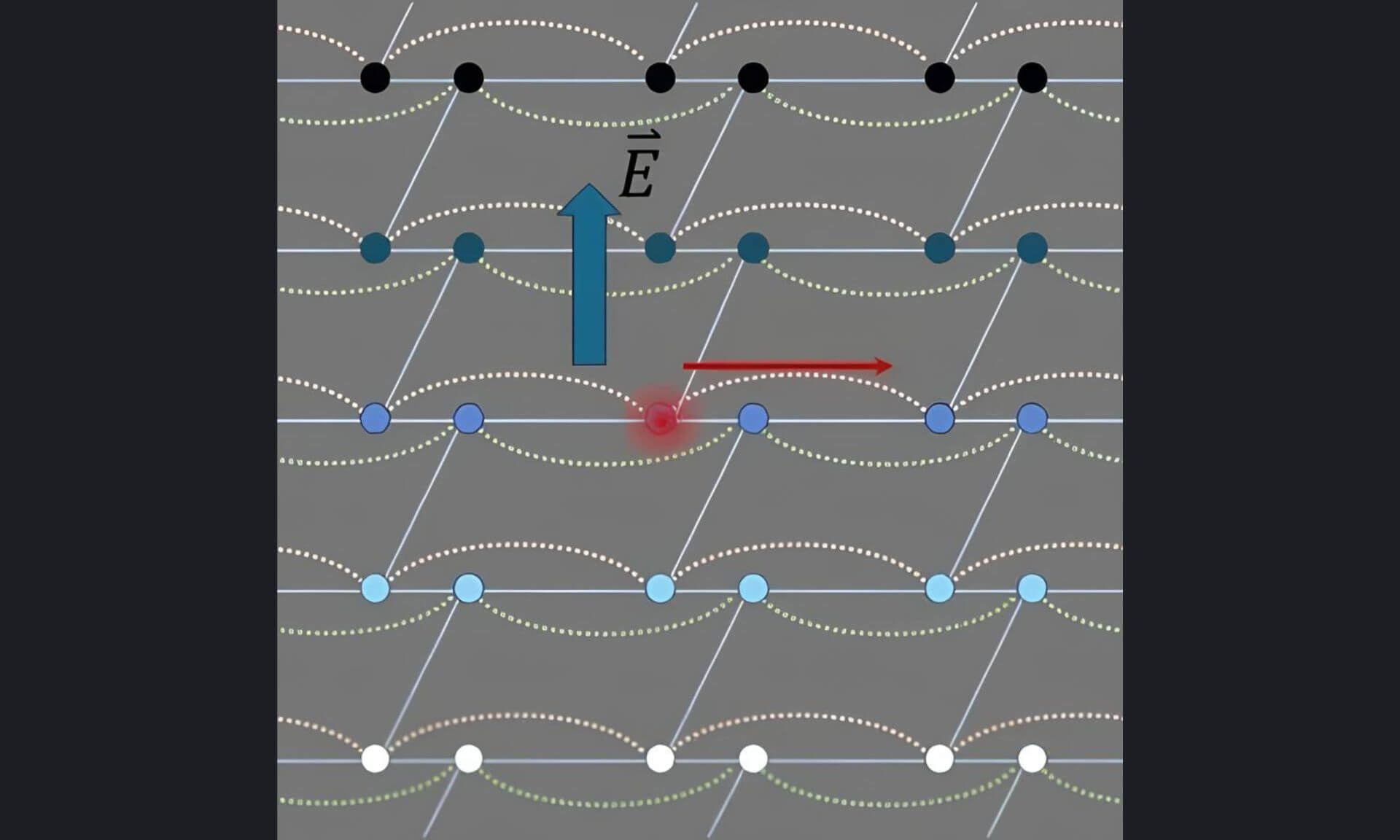Getting over a 13-hour jet lag: how do Canada’s speed-skaters do it?

It only takes members of Canada’s short-track speed-skating team five days to get over jet lag when they fly to competitions in Asia, 13 time zones away, according to a new study. That's twice as fast as the typical adaptation time, based on the standard theory that air travellers need between 12 and 24 hours to recover from one hour of time difference.
The finding is reported by postdoctoral researcher Giorgio Varesco of Université de Montréal’s Centre for Advanced Research in Sleep Medicine (CARMS) in the journal Experimental Physiology. The study is co-authored by project directors Guido Simonelli of CARMS and François Bieuzen of Québec's Institut national du sport.
In their research, the scientists aimed to study how to optimize the adaptation process of athletes during intercontinental travel. To that end, the researchers analyzed data from 19 members of the Canadian short-track speed skating team during competitions in Asia in 2017 and 2019.
Among the athletes were eight Olympic medallists and five World Championships medallists, including Charles Hamelin, Marianne St-Gelais, Kim Boutin and Samuel Girard.
A smartwatch to capture data

Each athlete agreed to wear a smartwatch that continuously recorded their movements and sleep cycles during the five days prior to their departure in order to determine their baseline values. The athletes also wore the watch on travel days and during the 10 to 13 days of their stay, including four competition days.
Each device precisely measured the participants' sleep duration and efficiency, as well as their physical activity levels, including during training sessions and skating competitions.
Physical performance during training sessions was measured through countermovement jump (CMJ) tests, a reliable indicator of muscular strength. The athletes also rated their effort perception during training on a scale of 1 to 10.
“Intercontinental trips pose two challenges for athletes: primarily travel fatigue, followed by jet lag, which throws off the internal body clock since it remains set on its original time zone,” said Varesco.
To cope, the Canadian skaters maintained an unrestricted sleep schedule upon arrival at their destination and thereafter. Based on the data gathered, they generally went to bed around 8:00 p.m. and woke up around 6:00 a.m.
More sleep, less training
With each passing day, the athletes modified their bedtimes and wake-up times, although they were given no specific instructions in this regard. "Each day, their sleep duration increased by approximately nine minutes,” said Varesco.
“After five days, they had recovered nearly one hour. Even more surprisingly, their sleep quality improved during their time in Asia, with higher sleep efficiency than that measured in Montreal."
The data showed that the athletes maintained their peak activity in the early afternoon, gradually shifting from 7:00 p.m. to 1:00 p.m. (local time) over the first few days.
During the athletes' stay, spontaneous activities and training loads were reduced by 15 per cent compared to their usual routines. This voluntary reduction did not hamper their performance.
In fact, the CMJ tests showed a gradual improvement: overall performances were normal upon arrival but after only a few days, results were higher than baseline values.
“Physical activity, light exposure, social interactions and diet all play key roles in the adaptation process,” said Varesco.
Five medals in Seoul

The study results were shared with the speed-skaters, who then put the recommendations into practice at the start of the 2024-2025 season.
“For recent competitions in South Korea and China, we recommended scheduling training sessions in the late morning or early afternoon,” Varesco said. “We also advised athletes to go to bed a little later, around 9:00 or 10:00 p.m.”
The researchers also provided specific recommendations on light exposure and social interactions. For instance, to facilitate the adaptation process, they advised avoiding naps one hour before the scheduled bedtime.
This strategy appears to have paid off: last December, the Canadian team won five medals (three gold and two silver) at the Short Track World Tour, in Seoul.
“All the athletes wore a smartwatch that will provide us with new data to analyze,” said Varesco. “But the competition results are very encouraging.”
To confirm the potential general applicability of these results, the same research team plans to extend its investigation scope to include other sports, particularly those involving continuous prolonged effort.
“This future research will enable us to further refine our understanding of adaptation to jet lag in athletes, and to optimize preparation strategies for international competitions," Varesco said.



